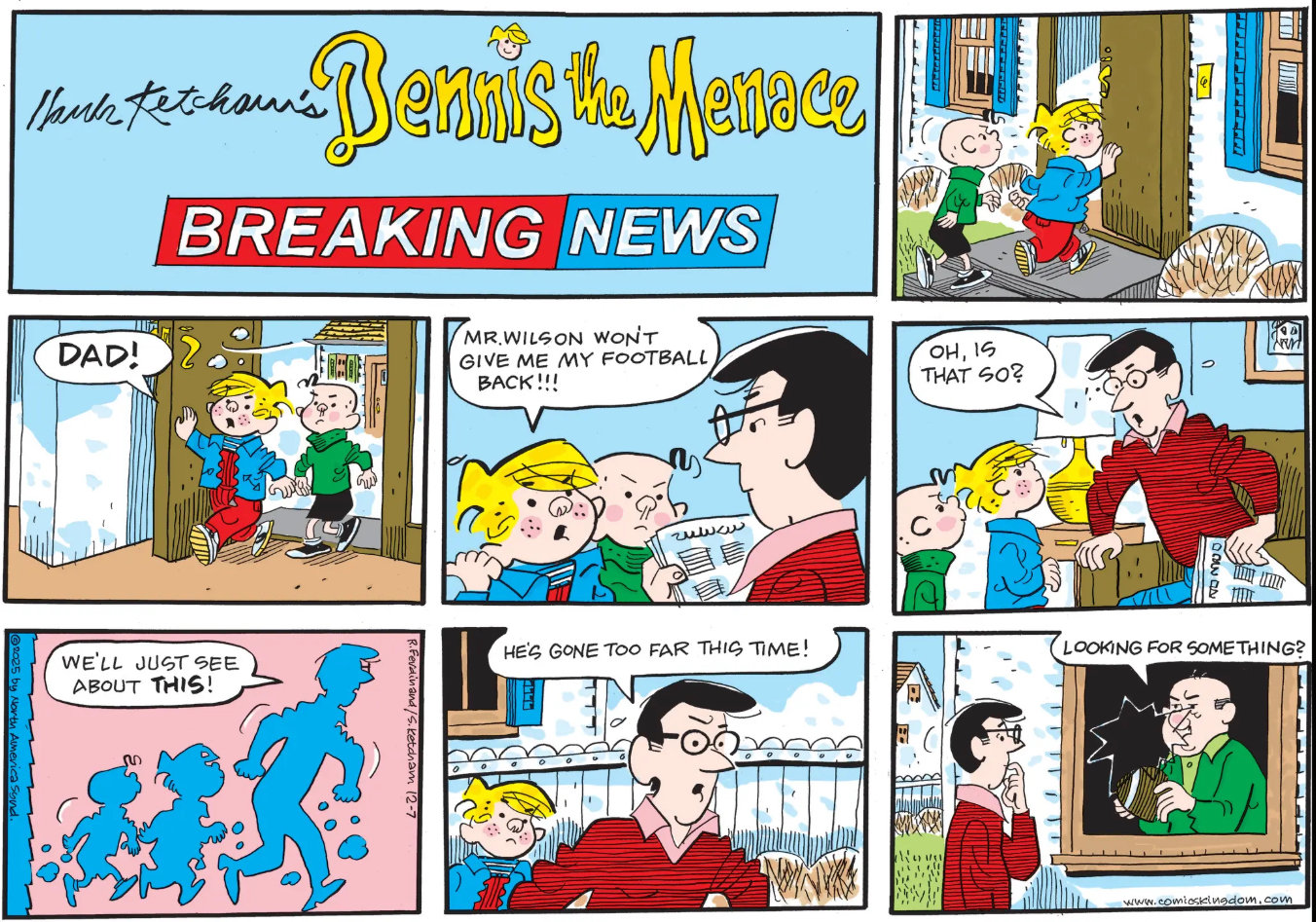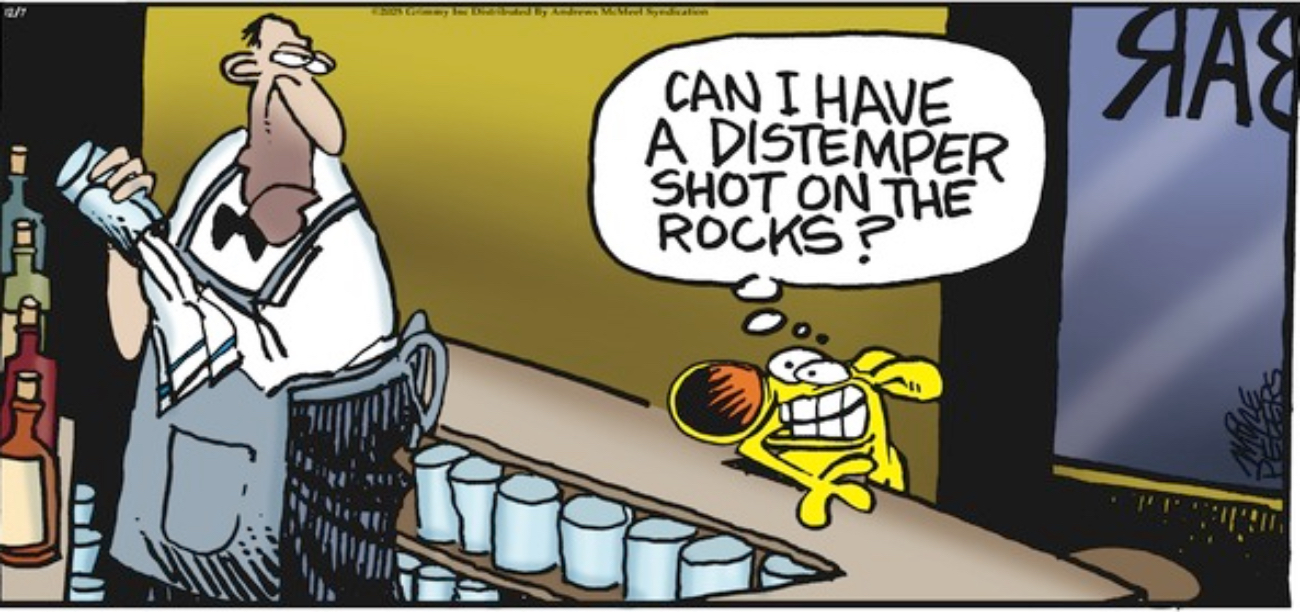07: Doppelganger
I am not the only person in the world with my name. I think the first time I realized this was when I was looking at the credits for Eek! the Cat (although I was much more a fan of the Terrible Thunder Lizards), and I saw my own name staring back at me, and went "Huh. That's cool. There's someone else out there in the world that has my name." It probably wasn't my exact name, middle and all, but it did teach me something important about names. (This does come up in my professional life, because the slips we use for holds use a portion of the name, and sometimes we have collisions that have to be handled. We also print some other things on the slip to prevent true collisions, but.)
And, occasionally, because I know that there are other people out there in the world with my name, I run my own name through the search engines and see what comes back from there. In this day and age, I am disappointed that someone who holds my namesake had significant academic credentials and is wasting them writing up books espousing nonsense positions that are all TERF and no substance. This is one of the places in my life where I recognize where the bar is, and am very glad that I'm getting well over that, even as governments around the world, including my own, seem determined to try and match that level or find new ways of digging underneath it. Blargh.
It is interesting, though, that despite the clear and obvious successes that I have with the way that I handle names in the process of creating and updating library records, my methods are not widely adopted or incorporated into the actual policy of the organization. Probably because the way I handle names is somewhat orthogonal to the way that the organization wants names handled. They are at least willing to acknowledge the possibility that the name a person will respond to most quickly is not necessarily the name that is on their identification, but they still seem to insist that if there's a difference between the two, we're supposed to record the name that's on the identification. If I inquired about the why, they'd probably mention something about the need to have the information on the identification in case of lost book charges or something like that. Our organization hasn't used collection agency services for years (this is a good thing), and so it's not like we need to send warrants, court orders, or process servers to someone looking for the reimbursement of our lost materials or other sorts of carceral enforcement mechanisms against people who lose books (which are often children, by the way.) And if someone's going to go to the trouble of trying to evade things to get multiple cards or to try and get rid of previous lost book charges aginst them, then they're probably putting in more effort than we really need to chase down. And, eventually, even the determined run out of aliases, or they get a little too known to the staff, who start pointing out that someone seems to be doing their best to run up lost book charges for whatever reason, and perhaps they will need to manage their other issues before receiving another card.
All of this is to say that a person's name should be whatever the person in front of me says it is, regardless of what's printed on identification or membership cards or other such things. And so, when I'm making library cards, I generally ask, "Is this the correct name for you?" and follow it up with "Is it spelled correctly?" if they say it is. I catch so many incorrect names this way, just by asking. There are some people who go by a nickname, there are some people who don't want to use their full names if they don't have to, some people go by what is supposedly their middle name, some people are either getting married or have stopped being married and therefore have a different last name, and I've seen a lot of people who are trying on new names in anticipation of possibly making other changes, or who are definitely on the way to making other changes and definitely want to use the correct name for themselves, even if they haven't yet had their identifying documents updated to reflect this. The best part about getting someone's name right by asking for it is that I can see the look on someone's face when they understand there's someone in front of them who is trying to get it right, and who is asking them about it, rather than assuming whatever's printed is correct. There are other people who seem genuinely confused about why I might be asking about it, but I'm sure a little bit of thinking about it will produce at least one of the situations I've talked about above, so they can understand why someone might ask. (Or maybe I'm being optimistic about how much people actually want to know the answers to things, or even whether they ask these kinds of questions.)
I've even heard it from my coworkers about how they think it's a good thing that I do these various things where I'm trying to make sure that I get the information. But I don't see a lot of that then getting put into practice. Perhaps because they're used to the routine they have, perhaps because they don't feel like they can deviate from a process that's been laid out in front of them about what needs to be collected. It's one of those things where if I had a useful pathway to the people who set the policy, and a belief that if we raised these kinds of issues with them, they'd listen and adjust based on the feedback they're being given, I'd probably do more advocacy for getting the official processes changed so that we can put down correct names for everyone in our library system. As it is, for some of those things, I have to invoke the Nick Fury rule about foolish rules.
And until then, I can at least have the knowledge and understanding that I'm still better than that other person who has my name and is wasting it by being a professional TERF.



 ),
), 




































